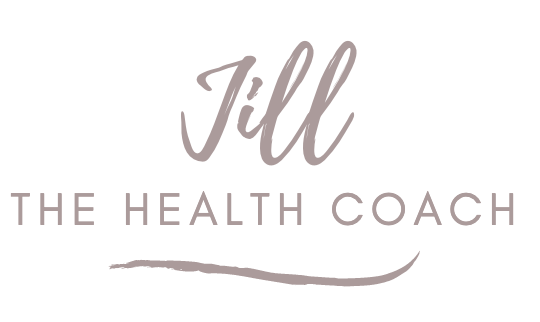Can Bacteria Cause Anxiety and Depression?
Do what your gut tells you to do. It’s a common expression, but it can be literal as well. Our gut is our “second brain” and not only dictates digestion but our levels of happiness or sadness and mental states.
We live in a world of germs and bacteria, which isn’t always a bad thing. Our bodies actually need to be in contact with some bad bacteria so we can train ourselves how to make antibodies to protect ourselves against a mass invasion of bad bacteria (yes, make note–you may want to nix those antibacterial soaps). In addition, we need to house “good” bacteria in our gut to balance out any “bad” bacteria. As long as these two types of bacteria are evenly numbered, our guts are in good shape. However, once the bad bacteria grows larger than the good bacteria, this is when problems start to arise.
Yes, gross perhaps, but true. We have lots of critters living in our gut. They help us absorb our nutrients and even help in eliminating our waste. So, how do these critters relate to depression and anxiety and even autism? Well, we have these neurotransmitters called serotonin that are responsible for our mood control, depression and aggression. While it would seem these would be produced in our brain, they are actually produced in our “second brain,” or our gut/digestive tract. Therefore, if our guts are out of whack, it directly affects how we feel. Studies have even shown that those with mental health issues have major gut imbalances.
In fact, a study published in Nutritional Neuroscience from the Great Plains Laboratory has shown that HPHPA levels-the chemical byproduct of clostridia bacteria-are much higher in the urine of those with depression, psychotic behavior and autism. Treatment to decrease symptoms was an antibiotic to kill off the clostridia along with a heavy course of probiotics (the good bacteria) to keep the gut in balance.
What this means is there seems to be a pattern of overgrowth of a bad bacteria in the gut for those with mental disorders while those without mental disorders do not have an excess of this bacteria. For example, Dr. James Greenblatt, a Boston-area psychiatrist, treated a teenager with severe obsessive-compulsive disorder, attention deficit disorder (ADHD) and a variety of digestive problems. Greenblatt first did a simple urine test for the metabolite HPHPA and found that it was elevated. With a course of high powered probiotics to help boost her good bacteria followed by antibiotics to kill off the clostrida, her levels began to decrease, Greenblatt told ABC News. After six months, the patient’s symptoms began to disappear and were eliminated after a year.
There are easy ways to balance your gut and clean out those nasties that don’t belong in your gut. Cultured food products such as yogurt (plain yogurt please without all the junk!) and kefir or fermented foods such as sauerkraut or miso are chock filled with good bacteria. There are also great probiotic supplements that will do the trick. I personally take 2 probiotics (I like Dr. Ohhira’s) every night before bed to help support my gut flora and to help boost my immune system which is also located in the gut.
With all of this new and not-so-new evidence, perhaps it would make sense for mental health practitioners to explore digestive health issues before using drug alternatives. My own gut feeling is to remind my readers that eating more one-ingredient foods will lead to cleaner and healthier guts which can lead to cleaner and healthier minds.
If you want to learn more about the huge impact of food with anxiety, please be sure to listen to the Anxiety Summit with free access all week until June 10th.
|
If you have anxiety or any issues you would like to discuss, please feel free to contact me for a free initial consultation so you can Let Us HEALTH You.
|
|
|
|
All material in this newsletter is provided for information only and may not be construed as medical advice or instruction. No action or inaction should be taken based solely on the contents of this publication;instead readers should consult appropriate health professionals on any matter relating to their health and well-being. The information provided has not been approved the Food & Drug Administration and is not intended to diagnose, treat, cure, or prevent any illness or disease.
|
|
|
|
“It is our choices that show what we truly are
far more than our abilities.” Live well and love more, Jill Gordon
CHHC, HHC, CNHP,
Digestive Health Specialist
|
|
|
|
|
|
|
|
Let Us HEALTH You LLC | Jill@JilltheHealthCoach.com www.JilltheHealthCoach.com Copyright 2015. All rights reserved. |





